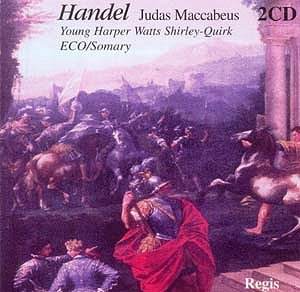 Composer: Johannes Brahms
Composer: Johannes Brahms
Works: Clarinet Sonatas: No. 1 in F minor, op. 120/1, No. 2 in E flat, op. 120/2; Robert Schumann, 3 Phantasiestücke, op. 73
Performers: Harold Wright (clarinet), Peter Serkin (pianoforte)
Recording: Recorded 25-29 August 1992, South Mountain Concert Hall, Pittsfield MA
Label: Boston Records BR 1005 CD
Brahms’ Clarinet Sonatas, composed in the twilight of his life in 1894, exemplify a remarkable synthesis of technical mastery and emotional depth, reflecting both his own artistic evolution and the clarinet’s unique expressive capabilities. These late works are imbued with a sense of introspection and nostalgia, capturing the essence of Brahms’ mature style, which marries classical rigor with a lyrical simplicity that belies the complexity of the emotional terrain explored. This recording, featuring the late Harold Wright, a clarinetist of exceptional refinement, and pianist Peter Serkin, offers a compelling exploration of these sonatas alongside Schumann’s Phantasiestücke, enriching the listener’s engagement with the clarinet repertoire.
Wright’s performance is characterized by a sublime simplicity that elevates the opening movement of the first sonata into a realm of genuine musical truth. His approach to phrasing is strikingly deliberate, allowing for subtle inflections that resonate with Brahms’ introspective mood. The opening “Allegro” unfolds with a natural ease, as Wright’s clarinet tone—sweet yet robust—navigates the intricate melodic lines with a sense of gravity and grace. The tempo he adopts is neither hurried nor lethargic; instead, it reflects a profound understanding of the music’s emotional undercurrents. Serkin, while occasionally hinting at a more rhapsodic interpretation, quickly aligns with Wright’s vision, creating a partnership that is both responsive and deeply communicative.
The recording quality, while not state-of-the-art by contemporary standards, effectively captures the nuances of both instruments. The acoustics of the South Mountain Concert Hall lend a warmth that enhances Wright’s tone, which exhibits a remarkable range of dynamics—from the softest pianissimi to more assertive passages. The initial impression of a slightly bass-heavy sound evaporates as the listener becomes absorbed in the music, illustrating how the performers’ artistry transcends technical limitations. Wright’s breath control is particularly noteworthy; his ability to maintain a lyrical flow during the “Andante un poco adagio” creates a sense of rocking movement that feels both organic and inevitable.
The second sonata, with its opening “Allegro amabile,” showcases Brahms’ late style, where a newfound simplicity emerges, juxtaposed against the composer’s earlier, more complex idioms. Wright’s interpretation here is equally compelling; he navigates the delicate shifts in mood with an effortless grace, revealing layers of emotional depth that resonate with the listener. This performance exemplifies the balance between technical precision and expressive depth, a hallmark of great chamber music. The Schumann pieces that follow are performed with equal diligence, Wright and Serkin’s interplay exemplifying the intricate dialogue between clarinet and piano that Schumann masterfully crafted.
This recording stands as an essential document for both clarinetists and Brahms aficionados alike. The interpretive choices made by Wright and Serkin provide an illuminating lens through which to appreciate these works, underscoring the humanity inherent in Brahms’ music. The synergy between the performers, steeped in a tradition that respects both the score and the emotional essence of the music, results in a listening experience that is both enriching and transformative. As such, this disc should not only be cherished by those who hold a fondness for Brahms and the clarinet but also by any musician seeking to grasp the profound connection between artistry and interpretation that can only be cultivated through lived experience and deep musical understanding.



